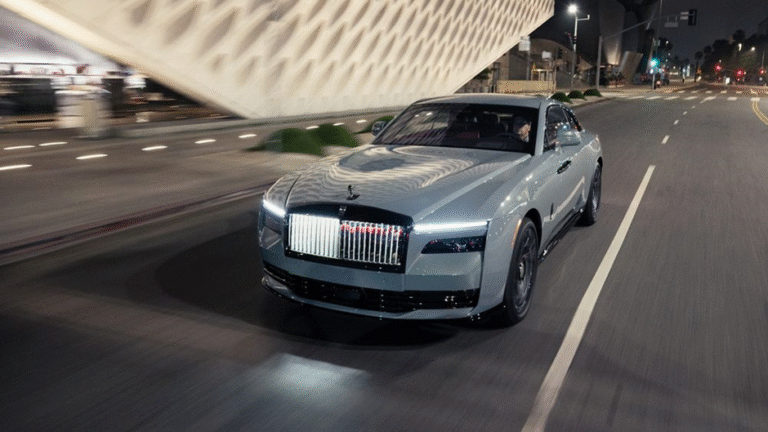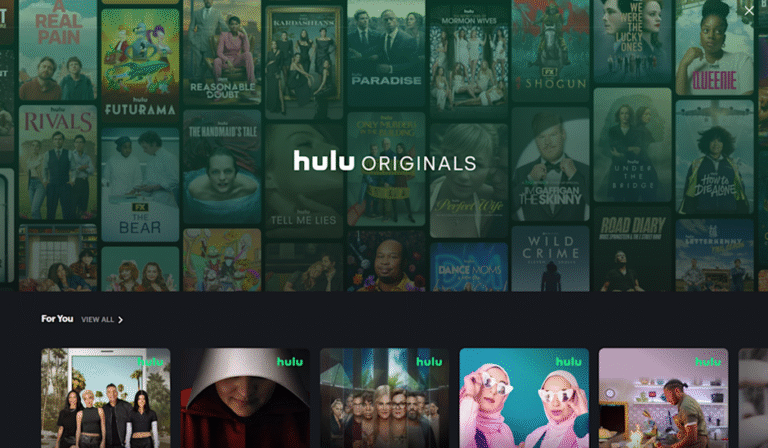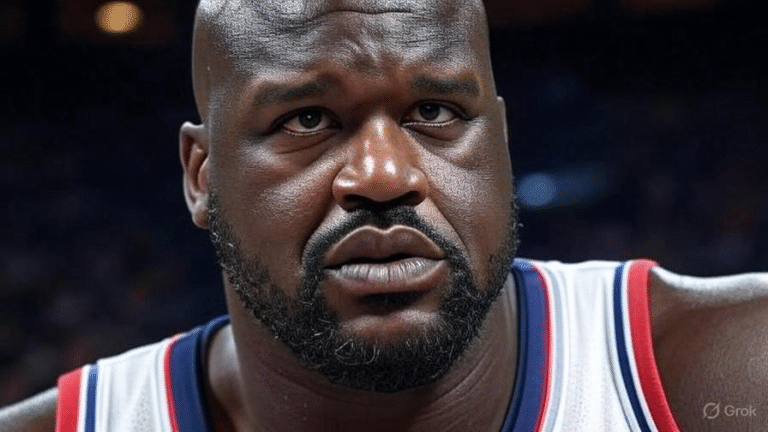For the Indiana Pacers, it’s probably a mix of relief and pure joy—how much of each depends on who you ask. One thing is clear: they did exactly what was needed, shutting down the New York Knicks with a decisive 125-108 win in Game 6 of the Eastern Conference Finals on Saturday night. No Game 7 drama at Madison Square Garden, no risk of blowing a 3-1 series lead—they punched their ticket to the NBA Finals for the first time since 2000.
“To close out the series like this at home, in front of our fans, it means everything,” said Pacers coach Rick Carlisle. “Nobody wants to go back on the road for a Game 7. We’re grateful, truly grateful for everything today.”

Indiana’s history in the NBA Finals is slim. They’ve never won the championship, losing to the Lakers in six games back in 2000. Before joining the NBA in 1976, the Pacers secured three ABA titles in 1970, 1972, and 1973. Over the decades, the team has boasted legendary figures like Larry Bird, Reggie Miller, and coaches including Larry Brown, Frank Vogel, and Carlisle himself. Yet, until now, only Bird’s era led the Pacers to the Finals.
Herb Simon, the team’s owner, has been a steady and visionary leader. Despite the absence of a championship, the Pacers have remained competitive, often punching above their weight as a mid-to-small-market franchise. Since 1990, they’ve only had four seasons with fewer than 35 wins—impressive consistency.
Their rise is a testament to the NBA’s collective bargaining efforts to level the playing field, allowing smaller markets like Indiana and Oklahoma City to compete at the highest level if managed well. This Pacers team earned their Finals berth by beating Giannis Antetokounmpo’s Milwaukee Bucks in the first round, toppling a star-studded yet injury-affected Cleveland Cavaliers squad in the second, and then dispatching the Knicks in convincing fashion.
That’s a remarkable run for a No. 4 seed, especially considering their rough start to the season at 10-15. But from January 1 onward, the Pacers transformed into one of the league’s best teams. They ranked fourth in wins during that stretch, with top-10 offensive and defensive stats and a sixth-best net rating overall.
Cavaliers coach Kenny Atkinson noted the Pacers’ relentless energy: “They press for 48 minutes and run faster than anybody in the league. The data backs it up.” This team’s roster fits that high-intensity style perfectly. All-Stars Tyrese Haliburton and Pascal Siakam spearhead the squad’s balanced attack.
In the clinching Game 6, Siakam was a force to be reckoned with—31 points, five rebounds, three assists, three blocks, and a steal earned him the Eastern Conference Finals MVP honors. Haliburton posted a near triple-double with 21 points, 13 assists, six rebounds, and three steals—his ninth double-double in just 16 playoff games. The Pacers went deep into their bench, outpacing the Knicks, creating open shots, and draining 17 of 33 three-pointers while holding New York to a mere 28.1 percent shooting from beyond the arc.
Haliburton captured the spirit of the moment perfectly: “It’s a special time to be a Pacers fan and to be part of this organization. We have amazing people in that locker room—from players and coaches to support staff and ballboys. This group means so much to us, and honestly, it’s hard to put into words.”
He added, “We’re going to enjoy this night, but then we have to regroup and focus on what’s ahead. This is just the first of four games. We know the challenge that awaits us.”
Rick Carlisle, now in his second stint coaching the Pacers after a championship-winning run with Dallas in 2011, has proven his adaptability through changing basketball eras. With age and wisdom, he’s stepped back a bit, empowering stars like Haliburton to take the reins on offense rather than controlling every possession himself.
Carlisle emphasized the gravity of the moment: “This isn’t the time to pop champagne. At this stage, it’s down to two teams, one goal. It’s all or nothing. We understand how formidable Oklahoma City is—dominant on defense all year.”
Though the Pacers enter the Finals as underdogs, the feeling in Indiana isn’t just relief or excitement—they’re ready to embrace the challenge with open arms.



